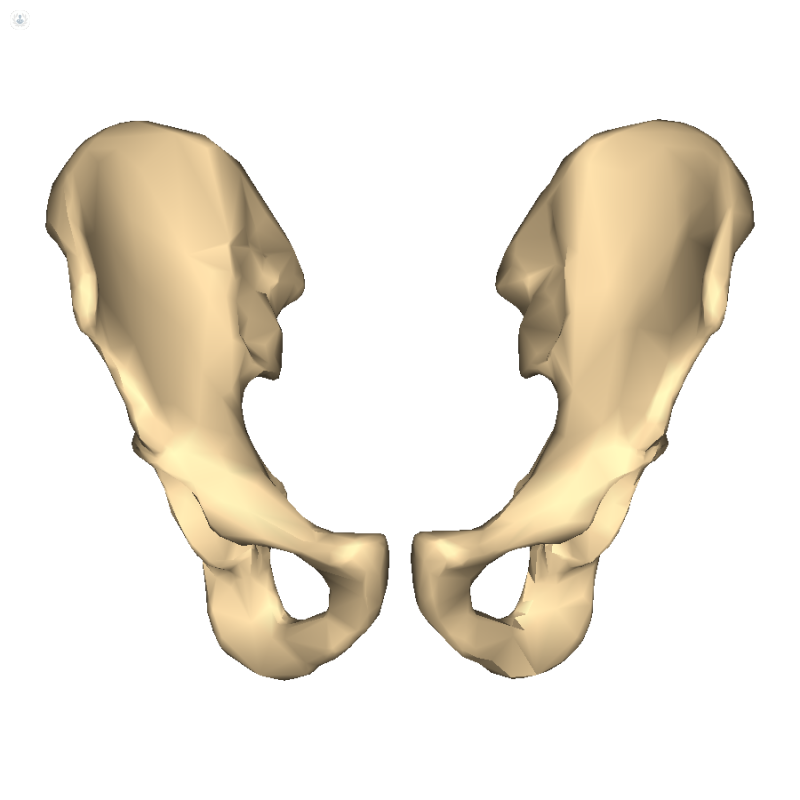

What is it?
Perthes disease, also known as Legg–Calvé–Perthes disease (LCPD), is a condition affecting the hips in children from 3 to 12.
Prognosis
In the vast majority of cases, the femoral head grows back normally again; however, recovery can take up to two or more years. The main risk associated with this condition is that the femoral head becomes misshapen and leads to a stiffening of the joint. The main factors affecting the success of treatment are: gender (boys have a higher chance of successful healing compared to girls), age (the older they are, the harder it will be to reshape the hip), and severity of the condition.

What are the symptoms?
The main symptom of Perthes disease is the associated pain: the affected child will feel pain in their groin or knee after physical activity and will start limping. Hip range of motion will shrink more and more, and the child will have trouble opening their legs or rotating the affected joint inwards. In the advanced stage of the disease, the child will change their posture and gait to avoid putting a strain on the diseased joint.
How is it diagnosed?
An accurate diagnosis can be formulated by doing:
- MRI scan;
- Ultrasound scan;
- X-rays;
- Bone scintigraphy.
What causes it?
The underlying cause of LCPD is still unknown. It has been speculated that the impairment of blood supply to the femoral head caused by an obstructed artery may lead to this condition. There are, however, ascertained risk factors such as maternal smoking during pregnancy, low birth weight, short stature, and delayed skeletal and overall physical maturity.
How is it treated?
There is no specific treatment for Legg–Calvé–Perthes disease; as such, the specialist will evaluate each individual case to determine the best treatment option. Usually, treatment options consist in conservative treatment (constant monitoring, physical therapy, using a hip abduction brace, and bed rest) or surgery. Surgery offers more immediate benefits than conservative treatment: the bone is cut and repositioned to keep the femoral head snug within the acetabulum, swiftly reducing the pressure on the hip.
Which doctor should I talk to?
If your child has LCPD, you should see an orthopaedic specialist or paediatric orthopaedic specialist.
